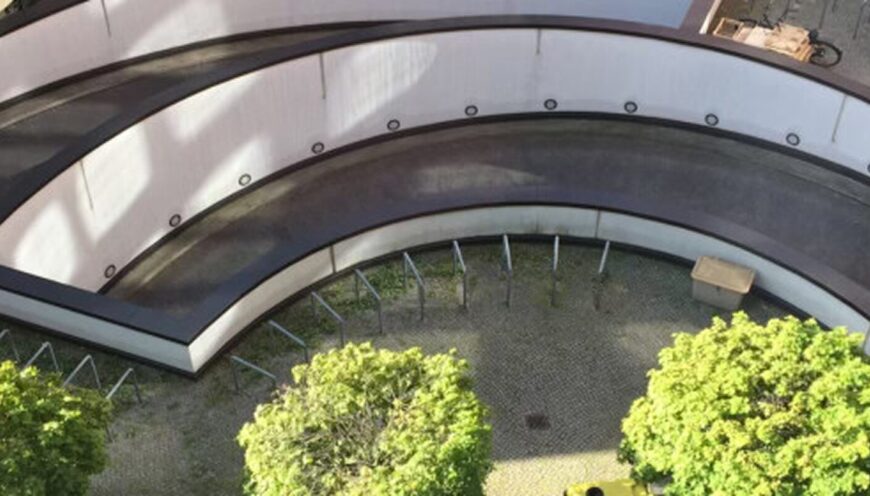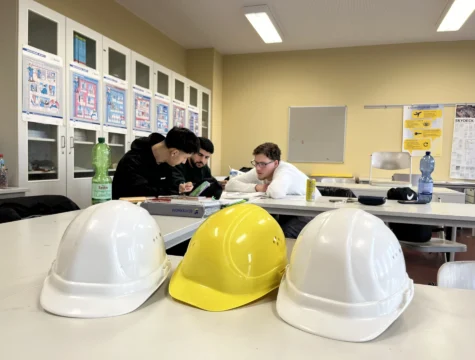The BookSprint Re:use – Re:think – Re:volution, initiated by the Bertelsmann Stiftung, brings together innovative impulses and diverse perspectives to outline what a truly comprehensive Circular Economy could look like. The contributions demonstrate how strategies on repair, textiles, social responsibility, and digitalisation interconnect to form a coherent and future-oriented system.
At its core, the BookSprint makes clear that Circular Economy is more than recycling or isolated solutions. It links different vantage points – from business models and municipal strategies to digital tools, social innovation, and governance – and shows how these elements can reinforce each other. Only the interplay between politics, economy, society, and science can drive decarbonisation, resource protection, and systemic transformation.
One central message is that systemic change requires cooperation. Transformation succeeds when companies, municipalities, policy actors, and networks work together across sectors. Circular Economy is not about singular measures but about intelligent design, longevity, reuse, and new incentives supported by digitalisation and regulation.
Examples from practice illustrate that the shift is already underway: pilot projects, regional initiatives, and circular city strategies show how know-how, leadership, and strong networks can generate tangible impact. The BookSprint also highlights the social dimension of Circular Economy: it is a collective learning and change process, where participation, education, and new narratives are essential parts of the strategy.
Circular Berlin’s contributions exemplify how sectoral perspectives become key building blocks of the bigger picture. With analyses on repair as a roadmap for resource protection and on extended producer responsibility in textiles, we show how regulatory gaps can be addressed and how local infrastructures can be connected with social innovation. Together with the other contributions, this creates a multidimensional view that spans from policymaking to technical implementation and societal participation.





